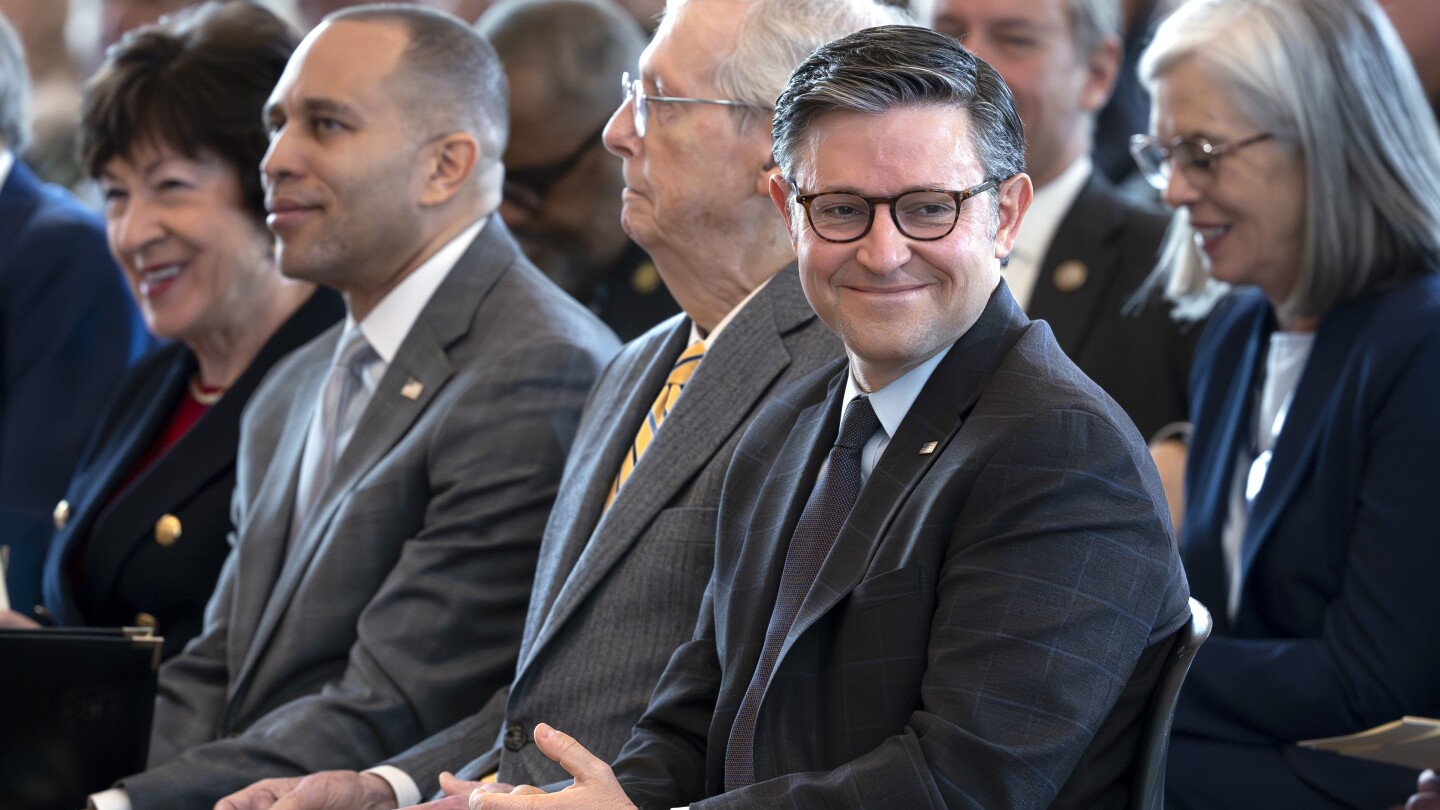Lawmakers introduced a $1.2 trillion spending package Thursday that sets the stage for avoiding a partial government shutdown for several key federal agencies this weekend and allows Congress, nearly six months into the budget year, to complete its work funding the government through September.
Democrats were able to swat back scores of policy mandates and some of the steeper budget cuts that House Republicans were seeking to impose on nondefense programs, though House Speaker Mike Johnson, R-La., highlighted some wins, including a nearly 24% increase in detention beds for migrants awaiting their immigration proceedings or removal from the country.
This year’s spending bills were divided into two packages. The first one cleared Congress two weeks ago, just hours before a shutdown deadline for the agencies funded through the bills.



Sure, but I don’t think increased deficit spending necessarily implies “financial collapse” as long as it’s reinvested in infrastructure/research projects or allows people the financial freedom to spend more, if anything it’d be the opposite. The thing really hastening a collapse would be pooling all the money in very few places where it doesn’t get spent. You know, like some sort of oligarchical wealth transfer.
Unspent / uninvested money might as well be on Mars. When the government hands out money, it soaks into physical goods and equities and drives their prices up. This is exactly what has happened over the past five years with “emergency” spending.
Money creation is not value creation